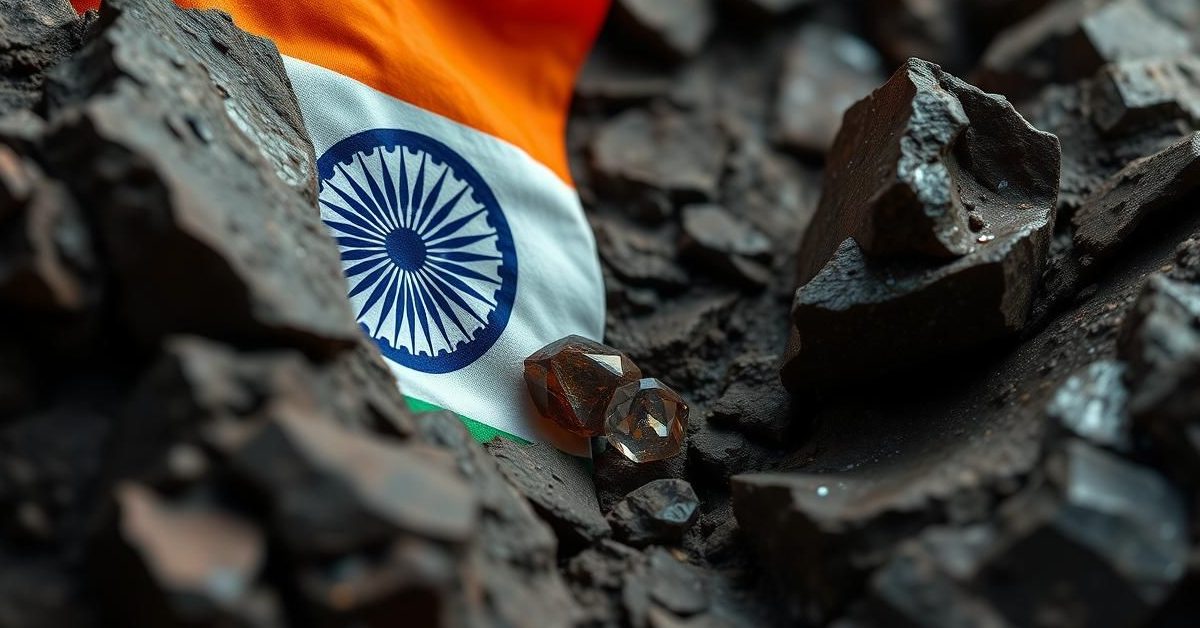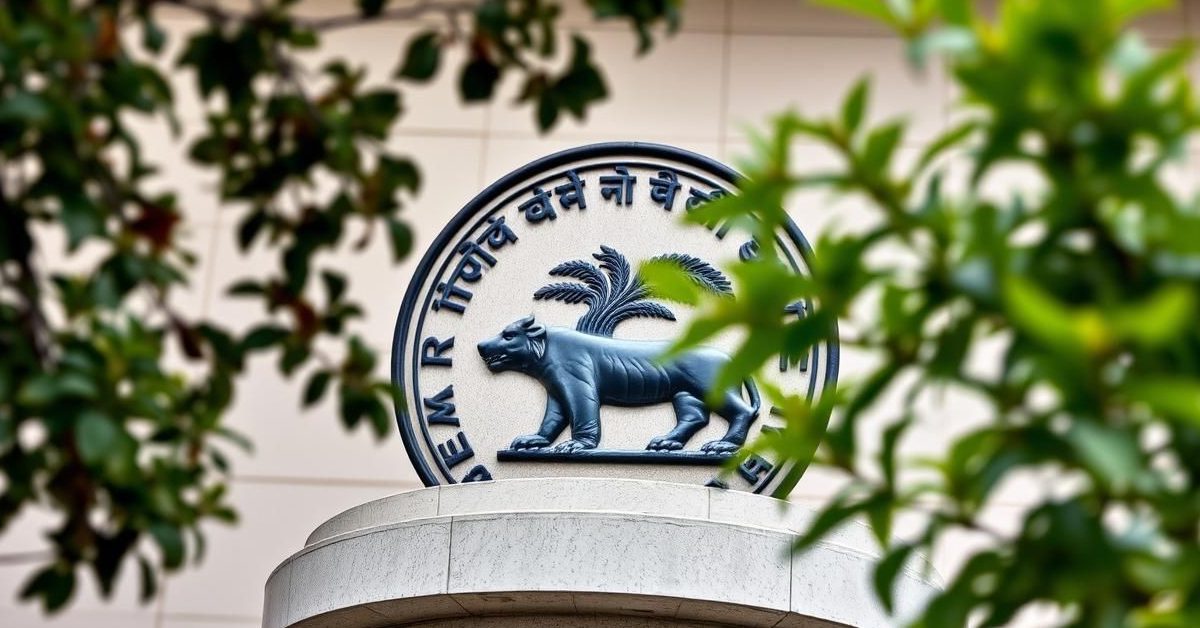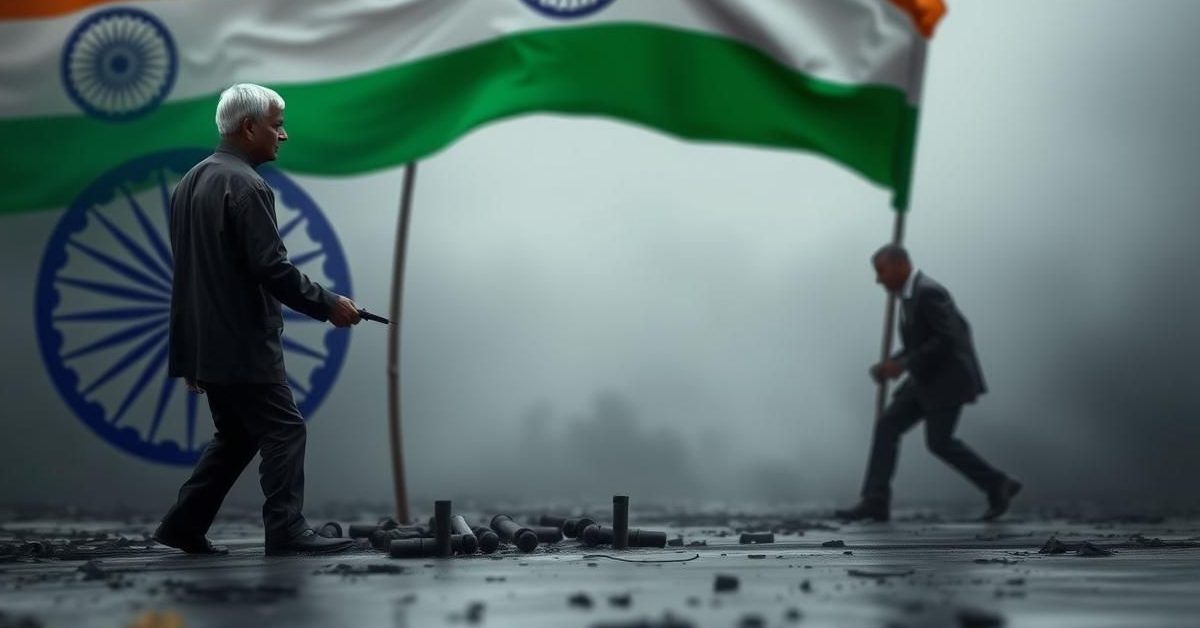India’s recent deal with the UK on critical minerals highlights New Delhi’s growing concerns about China’s powerful control over these essential resources.
A Strategic Partnership Unveiled
The India-UK Comprehensive Economic and Trade Agreement (CETA) signals India’s intent to counter China’s dominance in critical mineral supply chains. This aligns with a similar initiative by the Quad nations (India, Australia, Japan, and the United States) to secure these vital resources.
The “India-UK Vision 2035” document outlines broader collaborative goals, including the development of cutting-edge technology and research. This builds on the Technology Security Initiative, focusing on future telecoms, artificial intelligence, and critical minerals, paving the way for future collaboration in areas like semiconductors and quantum computing.
To deepen cooperation, both countries will establish a UK-India Critical Minerals Guild. This guild aims to transform financing standards and innovation within the sector. They will prioritize processing, research and development, recycling, and managing supply chain risks, while championing circular economy principles and traceability.
The partnership also includes significant funding for the UK-India Critical Minerals Supply Chain Observatory (SCO). A new £1.8 million investment will establish a satellite campus at the Indian School of Mines in Dhanbad. This funding will support the creation of the world’s largest digital data infrastructure on the critical minerals value chain.
Understanding China’s Dominance
Critical minerals, including rare earth elements (REEs), are fundamental components in a wide range of advanced technologies. These include semiconductors, electric vehicles, and even military hardware like jet fighters.
Rare earth magnets, particularly neodymium-iron-boron (NdFeB) magnets, are crucial for manufacturing electric vehicle (EV) motors. They provide the strong magnetic fields needed for efficient and powerful EV performance. China currently holds a near monopoly on the production of these essential rare earth magnets.
Beijing’s Strategic Export Controls
China has strategically used bureaucratic hurdles and export restrictions to control the global supply of critical minerals. Following tariff disputes with the US, Beijing implemented specific measures for foreign companies seeking these resources.
While critical minerals are found in various parts of the world, China’s significant lead lies in the efficient processing of these elements. This processing advantage was once held by countries like the US and Japan.
In recent years, Japan has made strides in restarting its mineral processing industry due to government support. However, nations like the US and India remain heavily reliant on Chinese exports of these crucial materials. China has previously restricted exports of several heavy rare earth metals and magnets, along with other high-tech materials.
Impact on India’s EV Industry
India’s emerging electric vehicle industry has directly felt the effects of China’s restrictions on rare earth magnet exports. Indian carmakers have faced difficulties, with no applications for sourcing critical minerals from Beijing reportedly cleared yet.
This situation raises concerns about potential shortages and setbacks for production plans within India’s automotive sector. Worryingly, Beijing has reportedly pushed carmakers to either buy complete electric motor assemblies from Chinese companies or await specific export permits issued to Chinese rare earth magnet producers.
- India’s partnership with the UK aims to reduce its reliance on China for critical minerals.
- The deal focuses on collaboration in research, processing, recycling, and supply chain resilience.
- China’s near-monopoly on critical mineral processing and its strategic export controls pose global challenges.
- These restrictions directly impact the growth of emerging industries, such as India’s electric vehicle sector.
This strategic move with the UK represents a significant step for India in diversifying its mineral supply chains and securing its future technological advancements.














